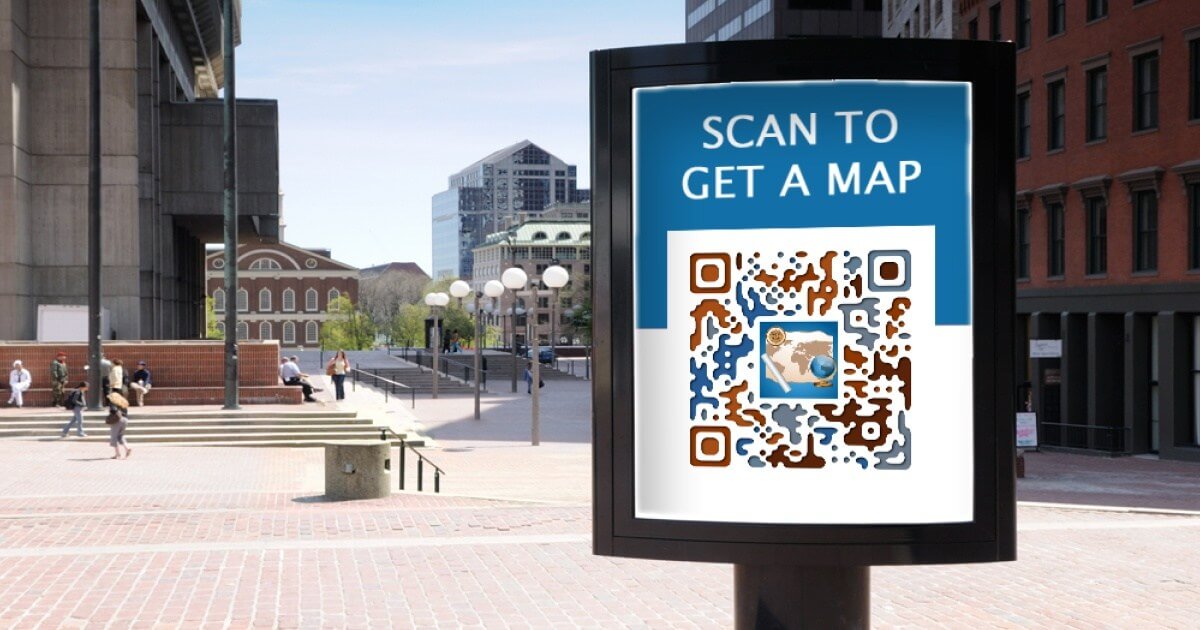As the travel industry embraces digital innovation, Quick Response (QR) codes have emerged as a versatile and powerful tool in enhancing the overall travel experience. From providing quick access to information about tourist attractions to facilitating contactless transactions and ensuring safety measures, QR codes are reshaping the way tourists engage with destinations. In this article, we explore the significant impact of QR codes in tourism and how they contribute to an enriched and streamlined travel experience.
1. Access to Destination Information:
QR codes serve as gateways to comprehensive destination information. Tourists can scan QR codes on brochures, signage, or city maps to instantly access details about historical sites, cultural landmarks, and points of interest. This not only enriches the travel experience by providing relevant background information but also empowers tourists to explore destinations at their own pace and in a more informed manner.
2. Mobile Tour Guides and Augmented Reality:
QR codes have transformed smartphones into personalized tour guides. By integrating QR codes with mobile apps, tourists can enjoy guided tours that provide audio commentary, historical insights, and even augmented reality experiences. This immersive approach adds a layer of engagement, making the exploration of cultural and historical sites more captivating.
3. Contactless Ticketing and Entrance:
The integration of QR codes in tourism extends to ticketing and entrance processes. Tourists can purchase tickets online or at designated kiosks, with QR codes serving as electronic tickets. Scanning these codes at entrance points ensures a contactless and efficient admission process, reducing the need for physical tickets and minimizing queuing times.
4. Multilingual Information:
For international travelers, language can be a barrier to fully understanding and appreciating a destination. QR codes provide a solution by linking to multilingual information resources. Tourists can scan QR codes to access content in their preferred language, ensuring that cultural and historical contexts are accessible to a diverse audience.
5. Restaurant Menus and Ordering:
In the realm of dining, QR codes simplify the process of accessing restaurant menus. Especially in a post-pandemic era, where contactless solutions are prioritized, QR codes on tables or menu boards allow tourists to view menus on their smartphones. Some establishments even enable visitors to place orders and make payments directly through QR code-enabled systems.
6. Travel Safety and Health Measures:
In response to global health concerns, QR codes have been instrumental in conveying safety information and health measures to tourists. Codes on transportation, accommodation, and public spaces link to guidelines, safety protocols, and updates, ensuring that tourists are well-informed about the current health situation and any necessary precautions.
7. Destination Marketing and Promotions:
Tourism boards and businesses leverage QR codes for marketing and promotional purposes. Codes on promotional materials, advertisements, or travel brochures can lead tourists to special offers, discounts, or exclusive content. This targeted approach enhances destination marketing efforts and encourages tourists to explore more aspects of a location.
8. Eco-Friendly and Sustainable Practices:
The use of QR codes aligns with eco-friendly and sustainable practices in tourism. Digital guides, e-tickets, and mobile-based information systems reduce the need for printed materials, contributing to a more sustainable approach to travel. This aligns with the increasing emphasis on responsible tourism and conservation efforts.
Conclusion:
QR codes have become integral to the tourism industry, offering a myriad of benefits that enhance the travel experience for tourists and streamline operations for businesses. Whether it’s providing access to information, facilitating contactless transactions, or ensuring safety measures, QR codes are at the forefront of digital innovation in tourism. As technology continues to advance, the role of QR codes in shaping and improving travel experiences is likely to expand, offering new possibilities for a more connected and enriching exploration of destinations worldwide.

